
Intersex ‘forgotten’
Intersex advocacy group Organisation Intersex International (OII) Australia is calling for more support from the GLBT community support in advocating for the rights of intersex people.
OII president Gina Wilson said it was crucial intersex issues be aired during the Australian Human Rights Commission’s sexual orientation, sex and gender identity discrimination consultation, currently underway.
“It would be good if we can raise awareness in the community that when talking [about discrimination laws], intersex is included, because we’re often overlooked,” Wilson told Sydney Star Observer.
“We’re a small voice, we need people behind us backing us up so we’re not once again excluded. I think this is probably the best chance in Australian legal history to get intersex rights on the book. If we do, we will only be the second country in the world, South Africa the first.”
Wilson said intersex issues were often neglected because of a lack of understanding.
“Generally the problem is ignorance, there is almost no knowledge about what intersex is; a lot of LGBT organisations are really reluctant to include us because they’re never meet an intersex person; there’s rumours that intersex don’t want to be a part of [the community] and, besides all that, what do they mean by intersex, what the heck is it,” Wilson said.
“The message is not so much that LGBT should pay more attention to intersex, it’s that they should know about intersex.
“What we’re trying to do is raise awareness of what intersex is and also our engagement with LGBT, so it’s LGBTI.”
Wilson said she will be engaging in discussions with community groups to raise issues on behalf of the intersex community.
She said the focus on gay marriage was a becoming a distraction from other issues, particularly intersex rights.
“There shouldn’t be a hierarchy of rights, and that’s the problem with how marriage equality is being pursued in some quarters,” she said.
Wilson said references to ‘same-sex marriage’ acted as a disadvantage to the advancement of rights for the GLBTI community.
“[The terminology] doesn’t include everyone, so same-sex marriage immediately excludes anybody who is intersex … we can only marry if we pretend to be one sex or the other.
“In talking about same-sex marriage, it seems like [marriage is] the ultimate target, that the LGBTIQ [community] wants and pretty much when we get that we’ve got the lot.
“It’s about equality and equality for all and the Marriage Act shouldn’t stipulate anything to do with sex or gender when it comes to people being married, it should only stipulate ‘between two people.’”
The AHRC consultation runs until November 26. Community members can make submissions via the AHRC website or by mail.
The Commission will also host roundtable discussions in Sydney on October 28 and Melbourne on November 9.
info: Visit www.humanrights.gov.au/human_rights/lgbti/lgbticonsult
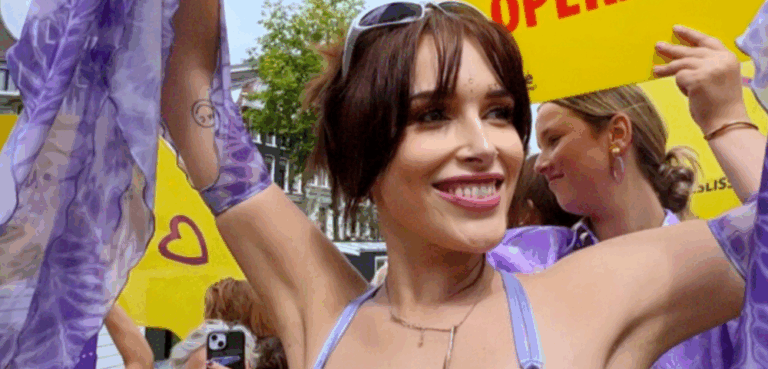
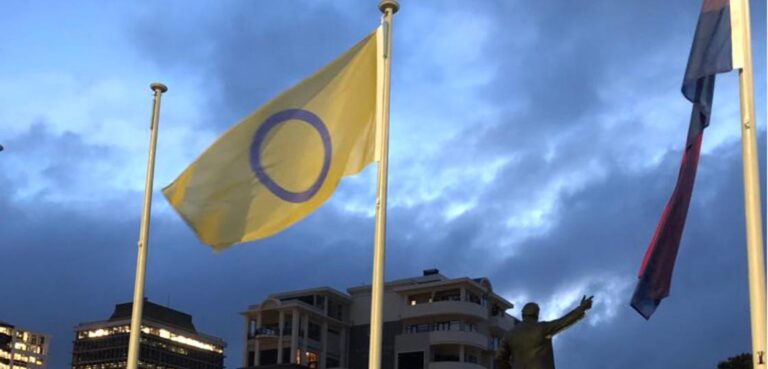
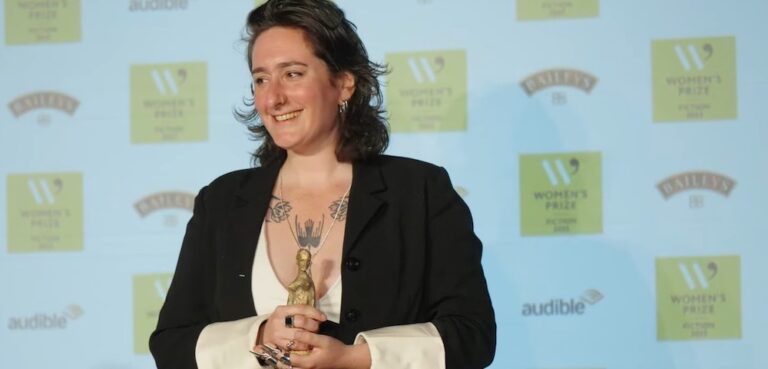
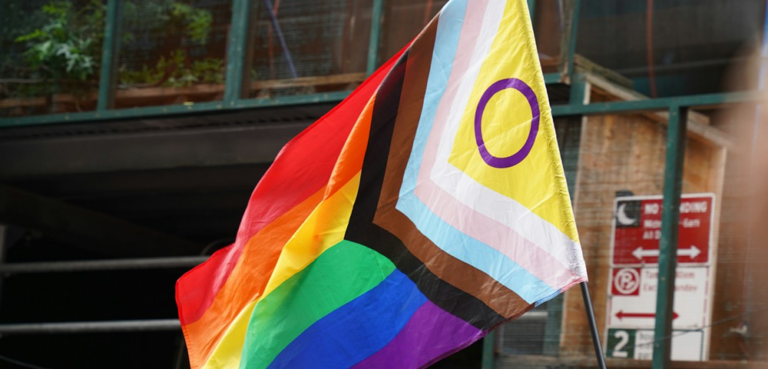
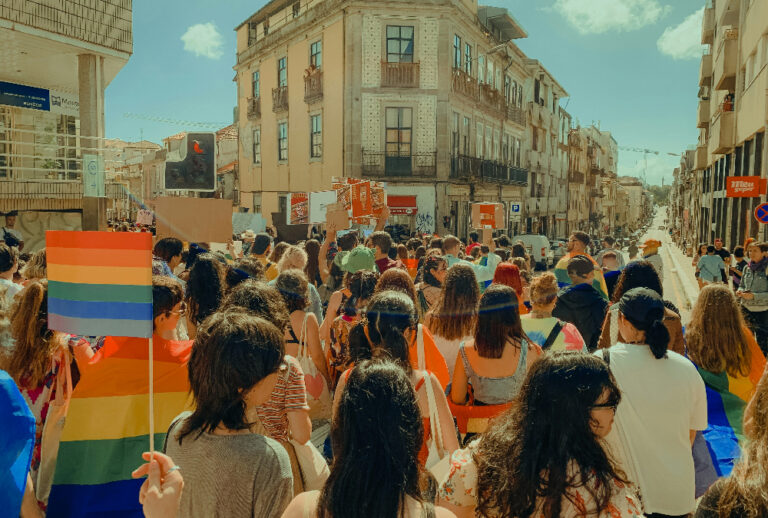


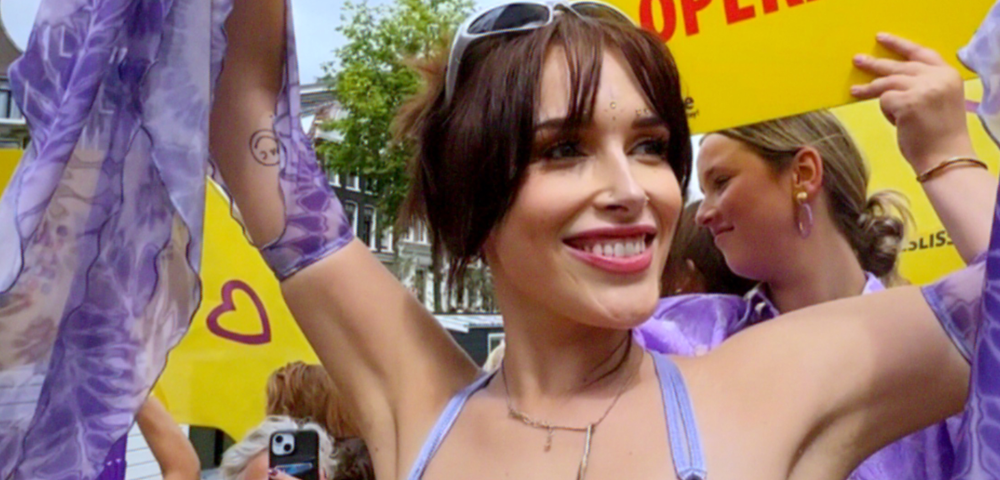

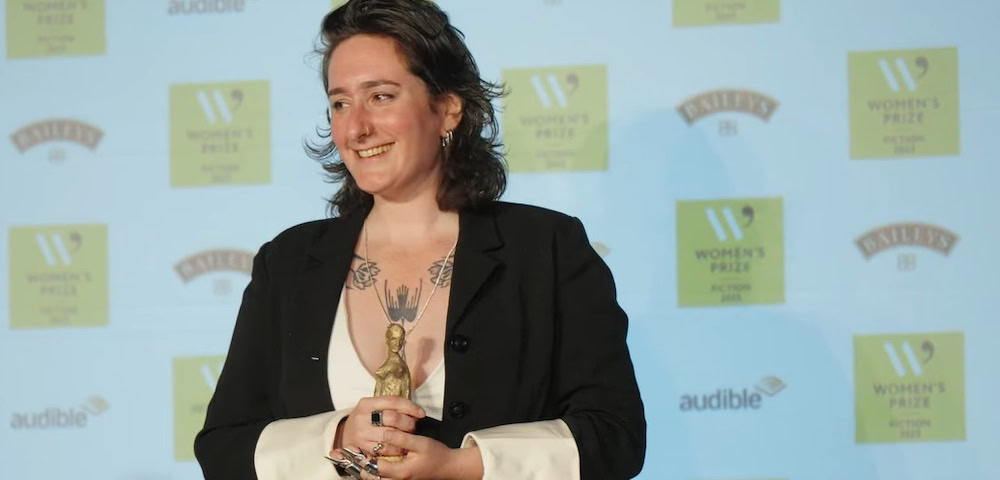

As an Intersex person I for one am FED UP with constant discrimination and harassment. I have a uni degree, but do you think I can get a job? I’ve a[pplied for over 100 in the past 8 months and have no job prospects. I have had enough. I’ve evben had the so called ethics department at ANU refuse to allow Intersex to be a sex choice on web surveys.
Stumbling upon this article late and from the other side of the World, I was nevertheless struck by its pleas for recognition and equality and the need for better education and greater understanding. At enFemme.TV, the “I” is firmly enshrined in our remit. We are committed to making our place – albeit on the Net – somewhere that intersex people are equal and treated with respect.
Kerry, the number 4% of live births comes from University Of Queensland Geneticist Peter Koopman.
“Professor Peter Koopman
from the University of Queensland suggests that intersex disorders are surprisingly
common. “About 4% of live births are affected by these disorders, which can result in
infertility, genital abnormalities, gender mis-assignment and long-term psychological
trauma” (UQ News July 2004 p6).”
Taken from this PDF http://www.uq.edu.au/equity/docs/intersexpaper.pdf
when you mention that intersex is 4% you have to define how and who you are including to get that figure. Its not more than 1% ( I’m talking verifiable with science ) Brain sex can’t be tested or proved in relation to an individual – but was proved to exist as far back as 1959.
The numbers vary wildly because nobody is using the same criteria.
Of the 1% probably less than 1 in 10 ( 1/1000) have been detected and treated by doctors. About 10% of transexuals have had surgery as babies; in most cases this isn’t realized by the individual, and the doctor’s treating them don’t volunteer this information when they realize this fact or find out during surgery normally because of complications.
While some of us have alot of common ground with other groups Gay/lesbian transexual – most people with intersex conditions are just normal people who don’t relate outside of the hetero model that they have always known. So it is very hard to get such a diverse group to work together.
Marriage Equality because its just as much a Transgender and Intersex issue as it is a Gay and Lesbian one.
The California victory in America came from a Transsexuals legal action for example.
Intersex people are a massive 4% of the population! Though many do not know they are Intersex. Thats a very significant slice of Australia.
Marriage Equality is an important issue (Both Gina and I are part of Equal Love) but when we focus on marriage above all else we miss that there’s more important issues (regular unethical genital mutilation of many Intersex babies with disastrous consequences.. i defy anyone to suggest thats not a vital issue every Australian should be aware of and demand be stopped), and many of them like federal antidiscrimination legislation if done right can help the marriage issue too along with just about every major issue facing all our community Gay Lesbian Bisexual Transgender and Intersex.
I am an Intersex person and I was born with 48XXXY chromosomes. I am neither male nor female and I’m not about to transition to either end of that very fuzzy gender line. I don’t consider myself as gay or lesbian, but I’m most definitely queer.
I learned a long time ago that the so-called gay community can be just as cruel and uncaring as any other.
I ask very little for myself, but please add the I to LGBT – it’s a small thing, I know, but no less important.
“All the citizens of a state cannot be equally powerful, but they may be equally free”
Voltaire (1694-1778)
I fully support Gina Wilson’s call for there to be more understanding and inclusion of intersex people, who are seriously oppressed by our society’s rigid enforcement of a male/female dichotomy.
However, I think it is very wrong to blame any of this on the Equal Love campaign, which is known by the vast majority of Australians (who also support it) as a campaign for “same-sex marriage” or “gay marriage” rights. The campaign’s demand is precisely for it to remove any reference to sex in the Marriage Act, instead to make it just “between two people”, as Gina calls for.
Clearly, winning marriage rights will not be anything like the end of the struggle for genuine sexual liberation, but it will be a very important victory against the right-wingers, homophobes and bigots – the same people who are also determined to deny the existence of intersex.
I know from experience of building the mass rallies that we still need to use the terminology of “same-sex marriage” because otherwise most people – people who support the campaign and oppose homophobia – simply don’t know what the heck we are talking about. A mass movement of people against homophobia will do far more for intersex people than a very small movement of those few who already know the correct terminology. In the process, we have an opportunity to educate and argue with that mass of people about the issues intersex people face.
People who happen to be Inter-sex are marginalized by many in our community. It is time we were all counted!
For your information
Only about 25% of intersex cases are detected at birth
some are now being detected at about three months after conception and being terminated before birth.
With marriage issues case law in Australia has already annualed marriages with intersex persons because their sex was determined as indeterminate.
Intersex people are the discarded lab rats of the medical profession on whom the surgeries now used for transsexual reassignment were developed ( 1920-1950) Each of the states has its own medical center for the surgical assignment of new born babies and older children as they are discovered – and if young enough they hide this fact from the child even when as adults they start asking questions. In NZ birth certs can anyone of four types of entry in the sex box(F,M,indeterminate ,space)
The norm before about 1955 was to use indeterminate and then bring the child back in for surgery and then change the cert to match – from about 1960 they started just entering the sex that the doctors had chosen and doing/starting surgery straight away – creating the appearance of M or F but doing alot of permanent damage in the process. Between 5-10% of these child will reassign with or without the knowledge of what has but done to them as a baby\child, about 30% will end being gay/lesbian etc
I agree with Gina’s comments and would like to add that those of us who are transsexual also have a broad range of issues including access to affordable medical treatments, privacy of our identity change, needing to be unmarried to have one’s birth certificate change to reflect sex reassignment, etc. Same Sex Marriage should be a fundamental right of all people but is not on the top of my list.
Intersex and Transsexual people seem to be being marginalised more and more within the GLBTI community. In part this is our own making as we are not an organised community.
How are they classified on their birth cert.? Are they given one sex, or is it that they are given both on their birth cert. If they are classified as male or female, then they are included in the gay marriage fight. If they fall in love with someone of the same sex as on their birth cert. then falls under gay marriage. But if they fall in love with someone of the other sex, they fall under hetro marriage. So, I don’t see what the problem is. I understand their problem with not being included in the LGBT family. But not the problem about Marriage. I don’t mean to sound cold about this, It’s just that I don’t know much about intersex. I have heard of it, but thought it was very rare.
Geoff – “Intersex” is a general term used for a variety of conditions in which a person is born with a reproductive or sexual anatomy that doesn’t seem to fit the typical definitions of female or male. For example, a person might be born appearing to be female on the outside, but having mostly male-typical anatomy on the inside. Or a person may be born with genitals that seem to be in-between the usual male and female types—for example, a girl may be born with a noticeably large clitoris, or lacking a vaginal opening, or a boy may be born with a notably small penis, or with a scrotum that is divided so that it has formed more like labia. Or a person may be born with mosaic genetics, so that some of her cells have XX chromosomes and some of them have XY.
Ummm still trying to work out what intersex actually is?